- Monday, 30 June 2025
Minister Dr Rana calls for global cooperation to address climate change risks
By TRN Online, Kathmandu, June 30: Minister for Foreign Affairs Dr Arzu Rana Deuba has emphasised the need for global cooperation among vulnerable countries to address growing risks of climate change.
Addressing the session on "Four Betters for Small Island Developing States (SIDs), Least Developed Countries (LDCs) and Landlocked Developing Countries (LLDCs)" during the Ministerial Special Session of Forty-Fourth Session of Food and Agriculture Organisation in Rome, she highlighted the disproportionate impact of climate change on vulnerable countries, according to the note provided by Minister Dr Rana's secretariat.
“Least developed countries, landlocked developing countries and small island developing states are at great risk of climate change. It is also adversely affecting agricultural production and livelihoods," she said. She referred to the "Sagarmatha Sambad" recently held in Nepal, which brought together global leaders, fostering global collaboration on climate change issues.
Furthermore, Dr Rana stressed the need for climate adaptation financial assistance, early warning systems and development of rural infrastructure for the Himalayan countries to address these challenges. She called for international investment and capacity building with accessible and inclusive measures.
“Only technology, collaboration and solidarity can bridge the gap between potential and achievement. Nepal has always called for the promotion of South-South and North-South cooperation, technology transfer, market access and expansion, and access to financial resources.”
Highlighting the growing challenges facing vulnerable countries, she stressed that shared crises such as food insecurity, malnutrition, and climate change are reversing achievements made so far. She noted that Nepal continues to face multifaceted challenges such as climate-related disasters, weak infrastructure, biodiversity loss, and limited access to technology and finance.
Dr Rana reiterated Nepal's commitment to FAO's 'The Four Betters'--Better Production, Better Nutrition, Better Environment and Better Life--as guiding principles in transforming the country's agricultural system. Under Better Production, Nepal is scaling up climate-smart farming, high-value mountain crops, and local innovation to modernize value chains, and under Better Nutrition, the country is promoting diverse, safe, and nutrient-rich foods, especially in rural and vulnerable communities.
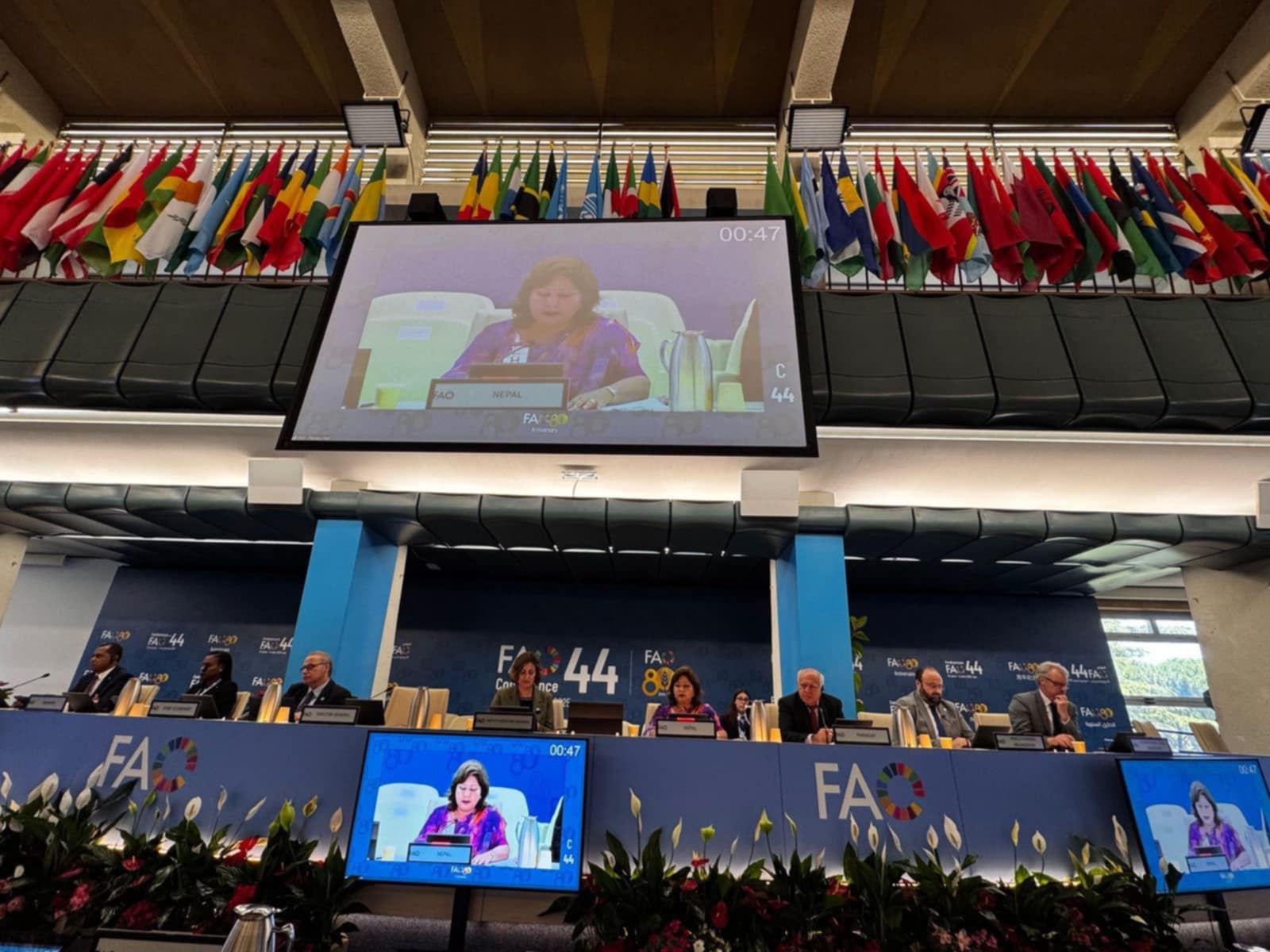
Under Better Environment, Nepal is prioritising agroecology, regenerative agriculture, sustainable soil and water management and biodiversity conservation to restore ecosystems. In line with Better Life, the country has focused on promoting decent livelihood, rural development, and social protection and promoting employment and entrepreneurial opportunities. It is also focused on empowerment of women, youth, smallholders and marginalised communities and enhancing public services, infrastructures and safety nets in rural communities.
Dr Rana concluded that more than 60 percent of the workforce in Nepal is engaged in the agricultural sector, which contributes 23 percent to the Gross Domestic Product, adding that agriculture is not only a means of employment but also a means of nutrition and livelihood.

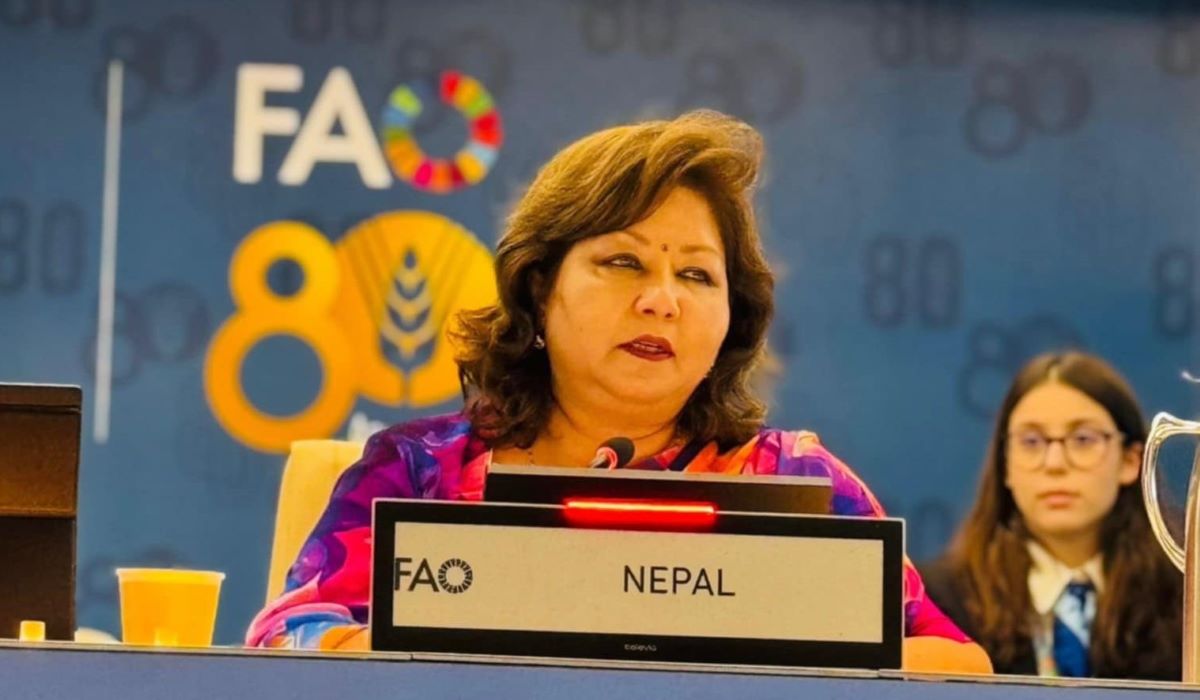

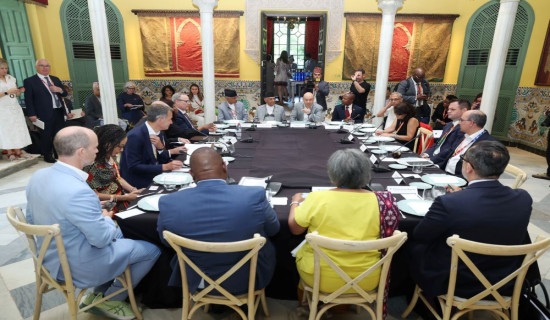
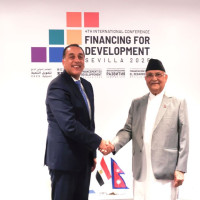
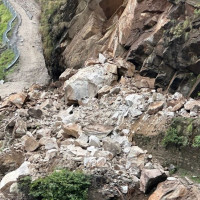



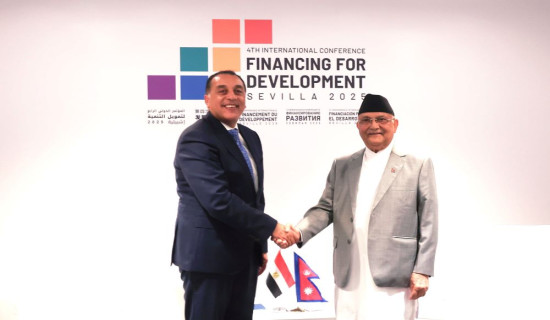
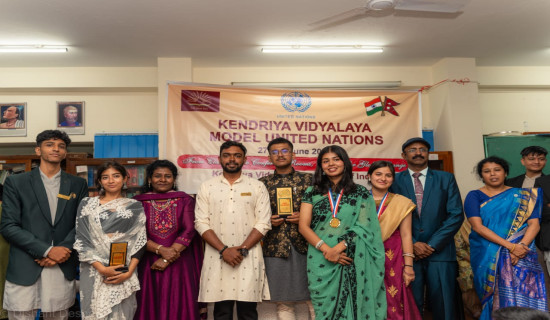
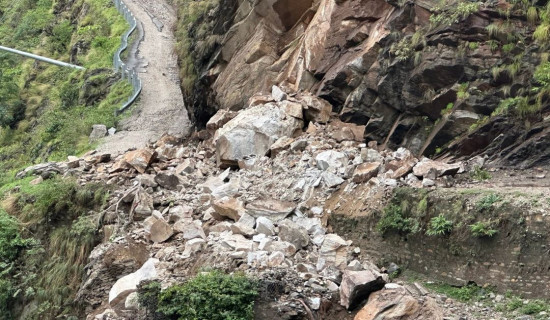
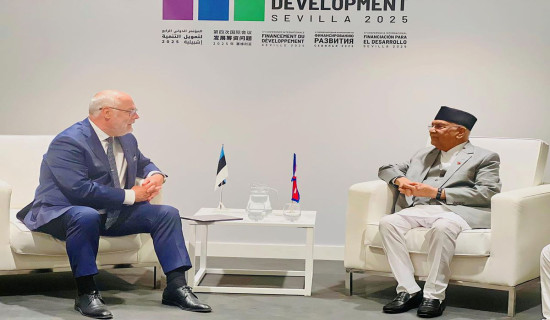

-original-thumb.jpg)